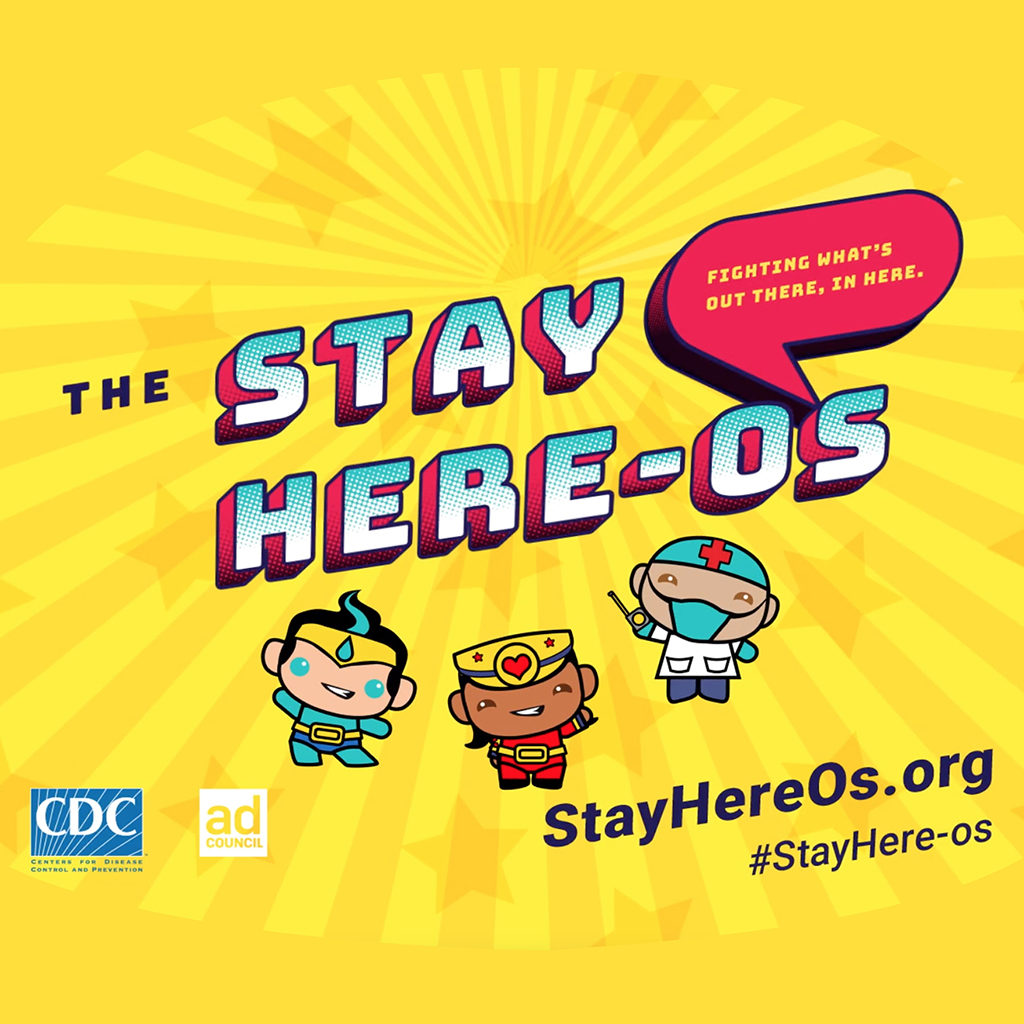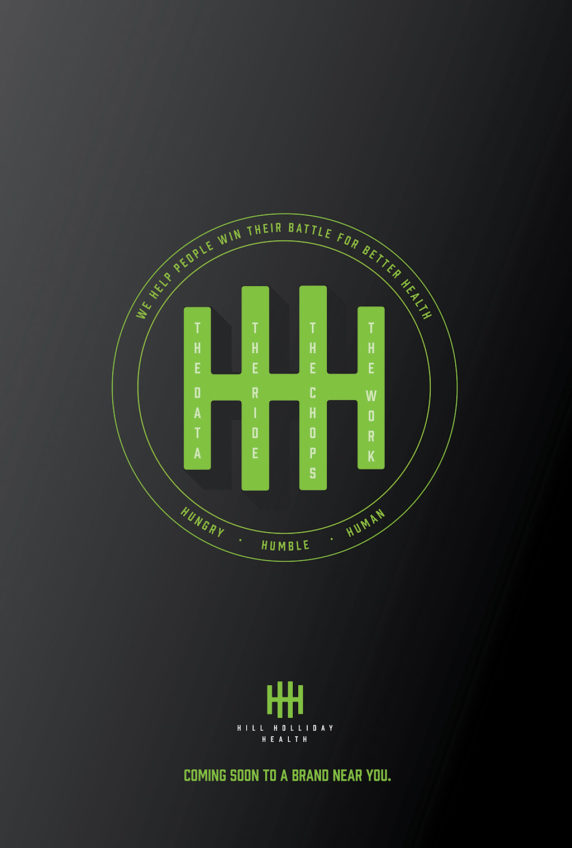Hill Holliday Health prides itself on infusing its work with empathy, honesty and a genuine care for the patients being helped by its communication. “We get to know patients on a level that’s personal,” says EVP, managing director Linda Bennett. “Patient support has always been a big pillar of our work.”
That’s why 2020 posed a challenge for the agency: It wasn’t long after patients were locked out of doctor’s offices that Hill Holliday Health had to set about adapting those tactics.
The agency works on numerous specialty medications that either have complex dosing schedules or require a meaningful conversation between physician and patient. “It was really thinking about how that conversation — which would typically happen at the point of care — was being translated, whether it was through a telehealth conversation or how else can we effectively and efficiently deliver those materials to patients through digital channels,” Bennett notes.

For instance, Intra-Cellular Therapies’ Caplyta, the schizophrenia brand that Hill Holliday Health won in 2019, launched mid-pandemic. Because the company’s salesforce was limited in establishing HCP relationships, the agency team supplemented awareness through DTC efforts and, in Bennett’s words, by “really looking at the HCP as a consumer.”
For Bennett, the other big concerns were internal: Keeping culture alive, retaining talent, figuring out remote work, onboarding new clients and ensuring her people were taken care of. As for new business development, the pandemic ultimately fueled demand.
“The business that came our way consisted of a lot of current clients who had to switch up the way they were doing things. It created new work streams,” Bennett explains.
The organic growth powered the Interpublic-owned agency, which was spun off from mainstream shop Hill Holliday in 2019, to a strong year. Revenue grew to an MM+M-estimated $70 million, up 32% from 2019’s estimate of $53.1 million.
Hill Holliday Health added a handful of AOR engagements last year, including Lundbeck’s Vyepti for migraine and Insulet’s Omnipod insulin management system. The additions padded out a roster that already included Janssen’s diabetes med Invokana and blood thinner Xarelto, Bayer’s line of IUDs, Regeneron eye med Eylea and insurer Harvard Pilgrim.
Head count grew from 177 at the start of the year to 200 at the end of it. Bennett reports the agency has continued to add during the first months of 2021.
“We had a lot of people working a lot of hours, especially in Q4, to handle the work that was coming our way,” she says. “We just couldn’t staff up quickly enough.” One notable hire was medical director Nicole Gibbs, who joined in December from Cambridge BioMarketing.
While finding deliberate ways to get people offline and maintain work/life balance proved a challenge, Bennett considers the agency’s biggest achievement keeping both employees and clients “functioning, and functioning well, throughout the year.” The agency is co-located in New York and Boston so, to a certain degree, it’s no stranger to sharing teams among multiple locales.
“That was already part of how we operated,” Bennett says. “If anything, it made the offices more fluid than they had ever been.”
. . .
The idea I wish I had…
Sometimes an idea, product, strategy, celebrity, format, message and target audience all fit together seamlessly, and that’s what happened when Dale Earnhardt Jr. partnered with Nicorette to promote its Ice Mint lozenge to smokers. Quitting is hard enough, but the history of bad-tasting products has made it even harder. Using Dale’s own experience as a former smoker along with his personal brand as a driver to have consumers take a “Taste-Test Drive” to create real-person, real-time cross-channel content went right at it in a natural and authentic way. – David Leonardi, executive creative director
From the June 01, 2021 Issue of MM+M - Medical Marketing and Media








